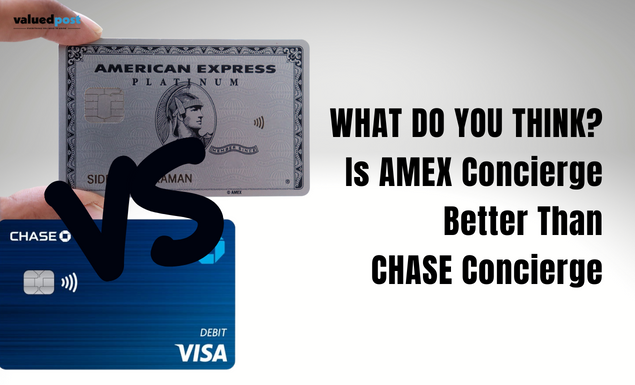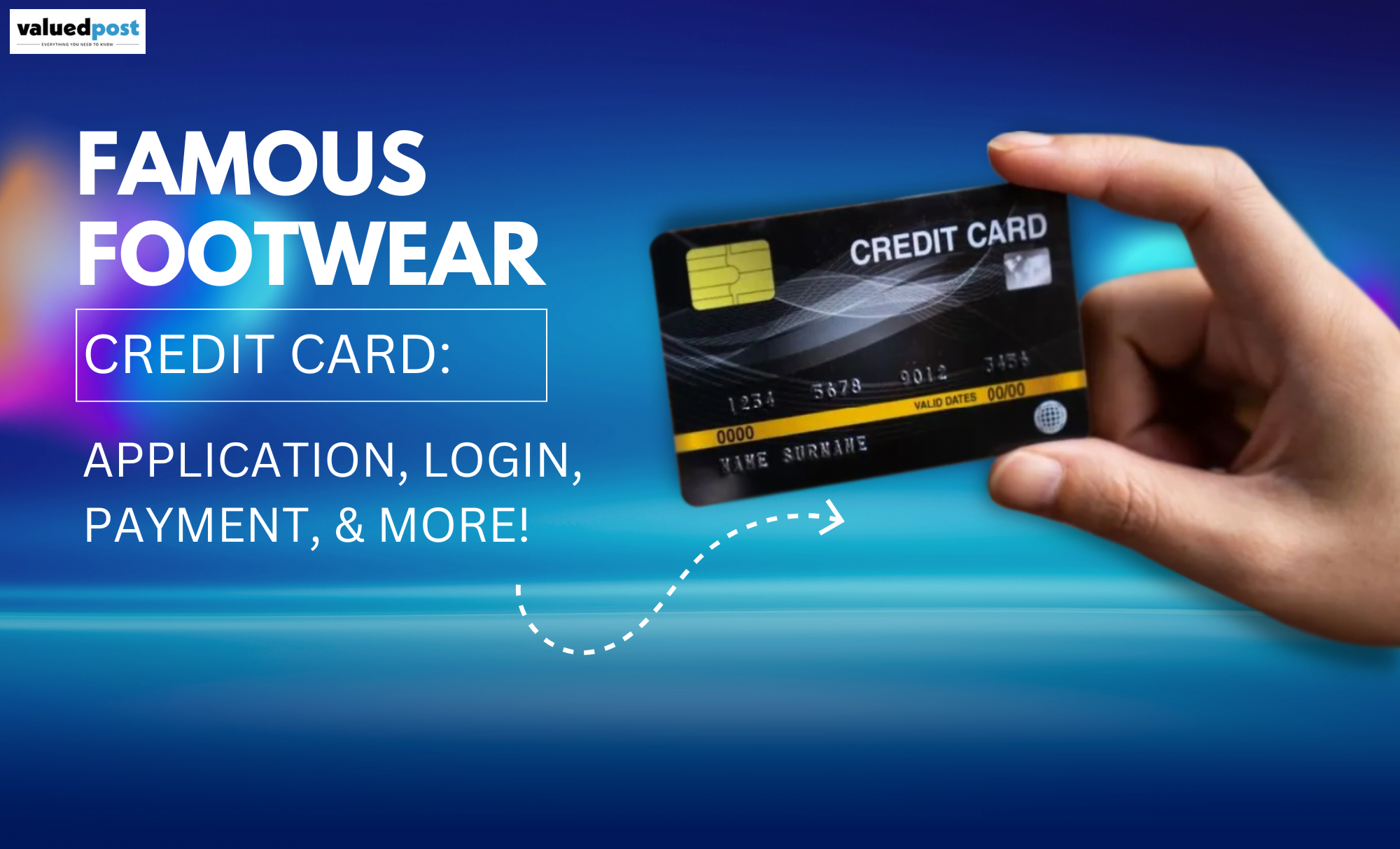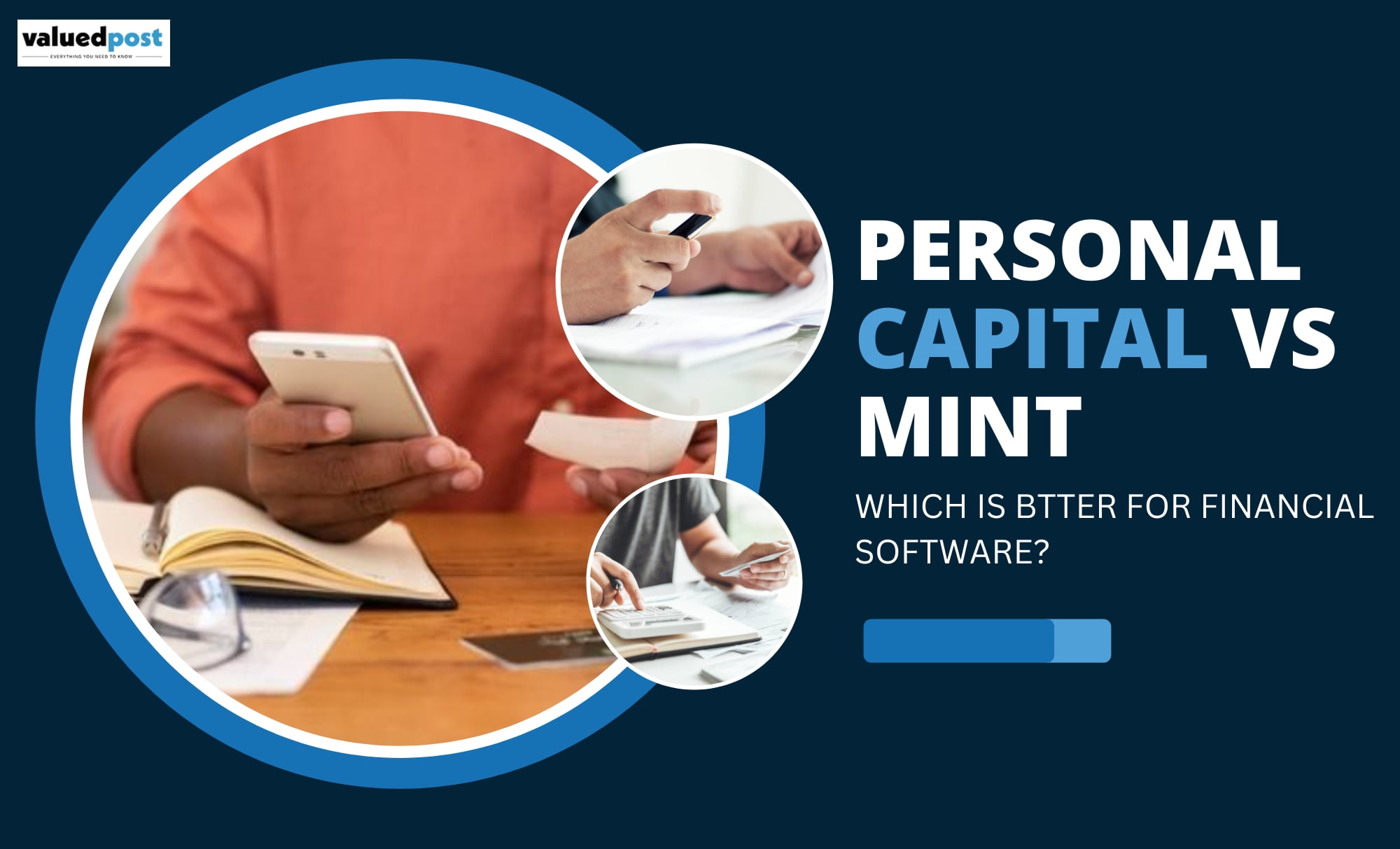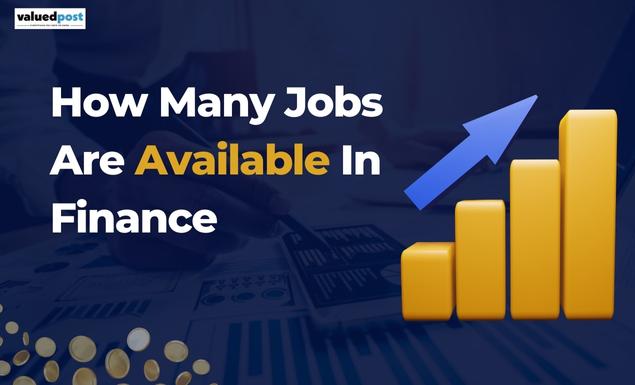What Is a 401(k) Loan?
A 401(k) loan is a loan that you take out against the balance of your workplace 401 k plan. Not every employer allows for 401(k) loans. And the ones that do can have special rules about how much you can borrow.
But generally, you can borrow from 401(k)s up to $50,000, or 50% of the amount you are vested in, whichever is smaller. A 40k(k) loan may have a maximum repayment period of up to five years. So, what you can do with a 401(k) loan.
When you take out a loan from your 401(k), you must repay it with interest. But the interest rate can be much lower than you pay on a credit card or another loan. Payments are usually made via payroll deductions, so you automatically repay the balance on the loan every payday.
What are Personal Loans?
A Personal loan is money that you borrow to cover your personal expenses.
Personal loans are offered through banks and credit unions, or online lenders. Personal loans may be unsecured, meaning that you do not need to provide any collateral. Or, they may be secured against the balance in your savings account or a certificate of deposit account.
This is typically the case for loan-to-builder loans. In terms of things that a personal loan could be used for, this list includes items that a 401(k) loan might be used for. One of the most popular uses of personal loans is debt consolidation.
If, for instance, you have multiple credit cards with high APRs, you can take out a personal loan at a lower rate to pay it off. You would then pay one single payment to your private loan provider. The upshot is that you might be saving money on interest and potentially cutting a little time from the debt repayment.
No universally accepted minimum credit score is required to qualify for a personal loan. But the higher your credit score, the easier it can be to prepare and secure a better interest rate. A lower score, meanwhile, might limit your options to personal loans with poor credit, which may be more expensive. This is where it helps to weigh the pros and cons of both sides to figure out which is best for your financial situation. You might qualify for a lower interest rate than you would get from a credit card or a personal loan.
You are paying the interest to yourself, not the bank or creditor. No credit check is required, and the 401(k) loan does not appear on your credit report.
If you donat pay back your 401(k) loan, your entire balance could count as taxable withdrawals under IRS rules. Separating yourself from work can mean repaying any remaining loan balances owed as one lump sum. Taking money from your 401(k) means missing out on the growing power that comes with compounding.
401(k) Loan vs. Personal Loan: Which Is Better?
A 401(k) loan may be convenient, but it is essential to consider the bigger picture regarding costs. While you may not be paying any loan fees, you may be undercutting your retirement savings by taking money out of the plan.
While paying interest, your claim may be lower than what the savings would earn had you left it alone. You may also owe an income tax or a tax penalty on your 401(k) loan if you cannot repay it on time. The IRS may consider the entire balance of the loan a taxable distribution, and there is a 10% penalty for early withdrawals if you are younger than age 59.5.
This could make the 401(k) a very costly way to take a loan, depending on how much you withdraw and which tax bracket you fall into. Borrowing without taking anything away from your retirement savings. Personal loans may offer flexible repayment terms that work around your budget.
A good credit score may help you qualify for lower interest rates. You pay interest to a creditor, and the higher the interest rate, the more you pay over time. Some personal loans can have origination fees or penalties if you choose to repay your loan early.
The amount you can borrow on a personal loan might be smaller than that on a 401(k). Personal loans let you access money when needed without shrinking your retirement savings. And if you cannot pay back the loan on time, for whatever reason, you will not have to worry about an IRS assessed tax penalty.
But shopping around and comparing personal loan lenders is essential before you borrow. Specifically, it is helpful to review the terms of the loan, the loan limits, the credit-score requirements, the interest rates, and the fees before committing to a lender. You may also want to spend some time working out an estimated payment on your personal loan to understand how well it would fit into your budget. Borrowing Money in A Package Whether or not you opt for a 401(k) loan over a personal loan for your borrowing needs is a big decision, as it could impact your retirement savings.
If you have the opportunity to qualify for a low-interest personal loan, think about what you would pay and how much you might lose in growth if you instead opt for the 401(k) loan. This may help with your decision of which loan option makes more sense. If you are experiencing a financial strain, you may want to consider whether taking a hardship drawdown from your 401(k) is a good idea.
Not all employers will allow hardship withdrawals. And of the ones that do, there are some requirements that you must meet to qualify.
But taking a hardship withdrawal means you do not have to repay the money, although you still face taxes.















